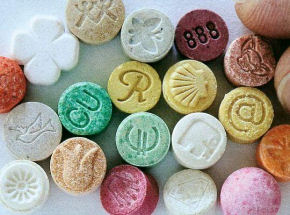
Researchers exploring the use of MDMA (ecstasy) in psychotherapy say that the drug distorts one’s perception of others rather than producing true empathy. Until now, the drug’s widely reported empathogenic effects have been difficult to measure objectively and there has been limited research in humans. Now, however, University of Chicago researchers are reporting their findings in the current issue ofBiological Psychiatry.
“We found that MDMA produced friendliness, playfulness and loving feelings, even when it was administered to people in a laboratory with little social contact. We also found that MDMA reduced volunteers’ capacity to recognize facial expressions of fear in other people, an effect that may be involved in the increased sociability said to be produced by MDMA,” said study author Dr. Gillinder Bedi.
Bedi concludes that MDMA might be useful to enhance the psychotherapy of people who struggle to feel connected to others, as may occur in association with autism, schizophrenia, or antisocial personality disorder.
But Dr. John Krystal, editor of Biological Psychiatry, is unconvinced. “MDMA distorts one’s perception of others rather than producing true empathy. Thus, MDMA may cause problems if it leads people to misinterpret the emotional state and perhaps intentions of others,” he warns.
Krystal suggests that further research in controlled settings is necessary before MDMA could be considered for use as a psychotherapy treatment. He adds that the findings underscore the need to understand more about the ways in which different drugs affect social experiences, given that abused drugs are so commonly used in social settings.
Related:
Significant success using Ecstasy to treat PTSD
Quantifying A Mystical Experience: Hallucinogenic Research Gets To Grips With Spirituality
Disco Rats Last Longer On Ecstasy
Source: Biological Psychiatry

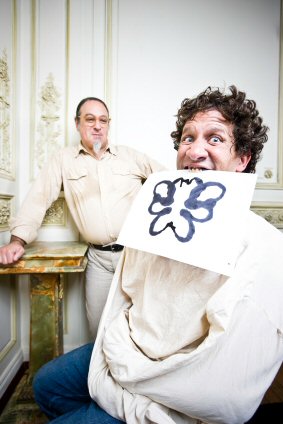
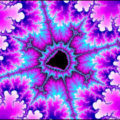


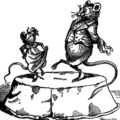


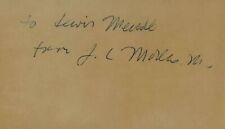

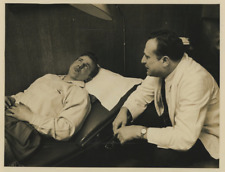


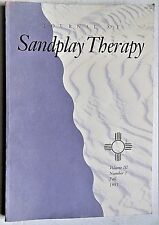




Comments are closed.